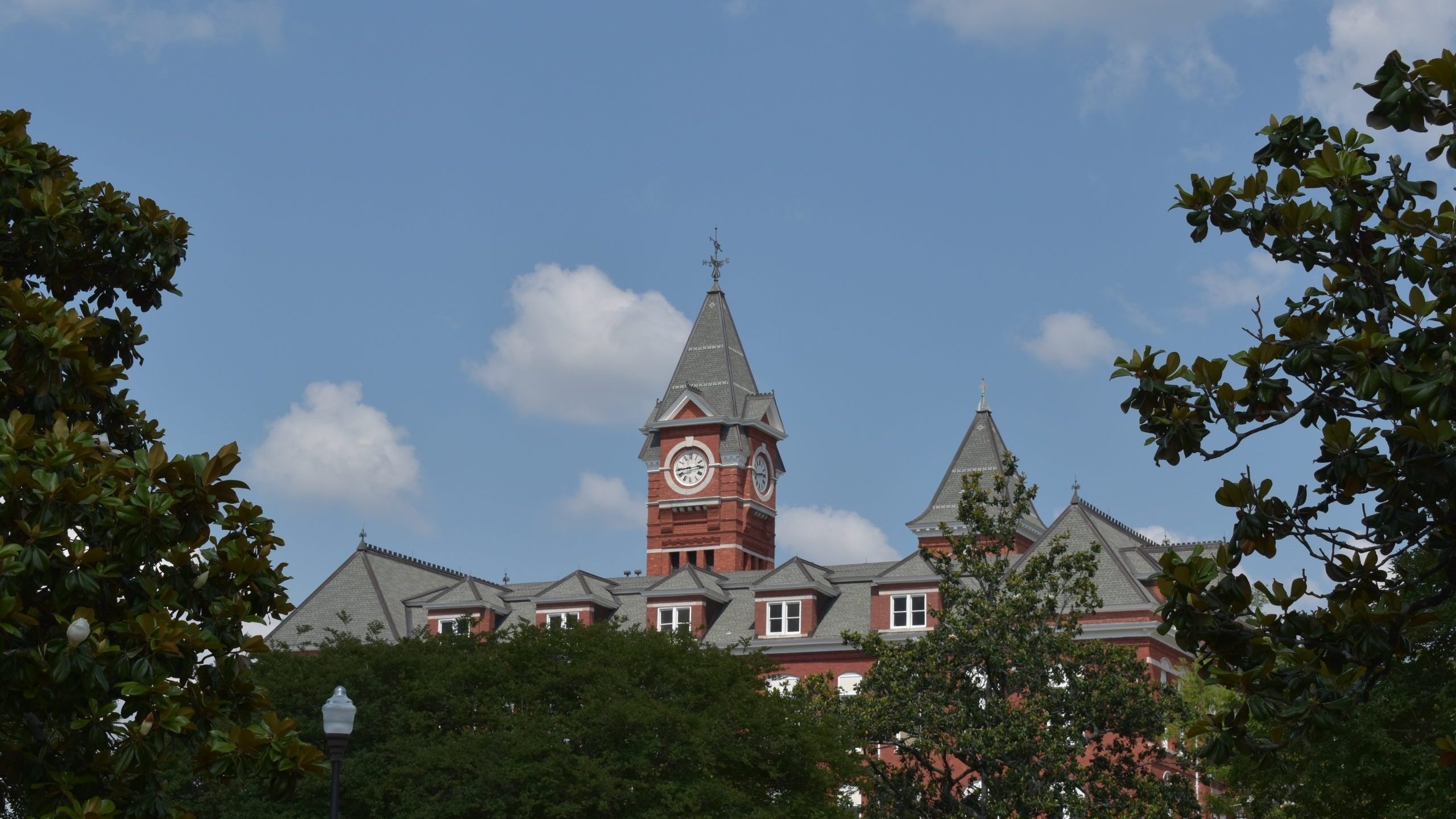|
Getting your Trinity Audio player ready...
|
U.S. Senator Richard Shelby, R-Ala., Wednesday, released the following statement applauding the U.S. Department of Agriculture’s (USDA) $9.3 million investment to establish an Institute for Rural Partnerships at Auburn University (Auburn). This funding was awarded by USDA’s National Institute of Food and Agriculture (NIFA) and seeks to utilize an interdisciplinary approach to develop technology solutions that will assist producers and processes of poultry and forest products, improving their competitiveness and sustainability.
“I am deeply excited that Auburn University has received this competitive award from NIFA. By establishing Auburn as an Institute for Rural Partnerships, Auburn’s College of Agriculture and College of Engineering will work together to strengthen and support rural Alabama, particularly its poultry production and forest products,” said Senator Richard Shelby. “These two industries annually contribute $43 billion to our state’s economy, but I believe that number could increase as a result of the Institute. Through the adoption of modern technologies and the power of research and extension, this collaborative project at a premier land-grant university will lead to more prosperous food and agricultural systems, as well as economic development opportunities.”
“This project will allow researchers from agriculture to leverage the manufacturing and cybersecurity expertise in engineering to advance some of Alabama’s most important agricultural and natural resources sectors,” said Paul Patterson, dean of Auburn’s College of Agriculture and director of the Alabama Agricultural Experiment Station. “This is a great opportunity for the two founding colleges at Auburn University to deepen their collaborative work to advance Alabama’s economy. In addition, faculty members in Agricultural Economics and Rural Sociology will be investigating alternative enterprises that offer potential for additional growth for the agricultural sector and rural Alabama.”
“As part of the land-grant mission to improve the lives of the people of our state, this institute is the perfect intersection of what both our colleges do best,” said Steve Taylor, interim dean of the Samuel Ginn College of Engineering, who previously served as associate dean for research for the college and as head of the Department of Biosystems Engineering. “It’s only fitting on this 150th anniversary of our two colleges at Auburn that we boldly move forward, together, through this partnership.”
Auburn University is one of three land-grant universities receiving funding from NIFA to establish an Institute for Rural Partnerships. The other awardees include the University of Vermont and the University of Wisconsin. The overall investment totals nearly $28 million and was provided through the Consolidated Appropriations Act, 2022. Of the nearly $28 million, Auburn is receiving $9.3 million to establish its Institute for Rural Partnerships, which will initiate research and outreach activities that lead to impacts in poultry and forest product industries, as well as in the areas of technology solutions development, cyber-physical vulnerabilities, and exploration of emerging needs facing food and agricultural systems. The NIFA project at Auburn University also aims to reduce pollution within bodies of water in rural Alabama by developing systems that manage upcycling waste streams emanating from agricultural processing facilities.



















































